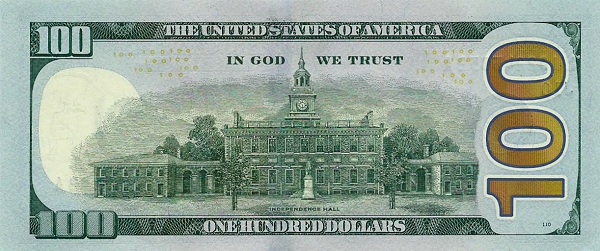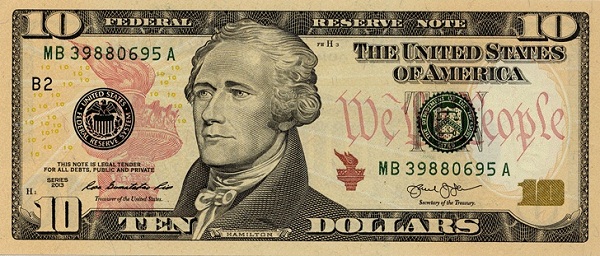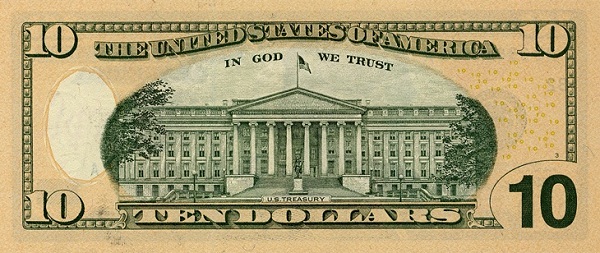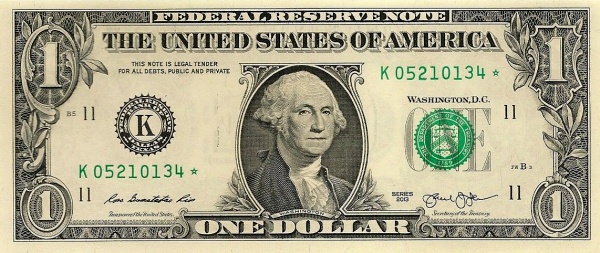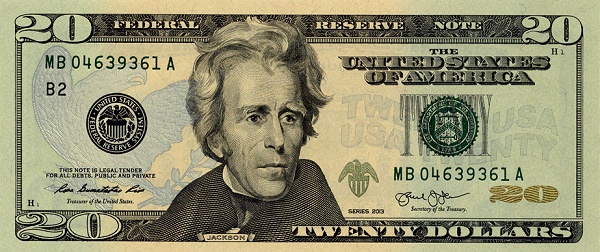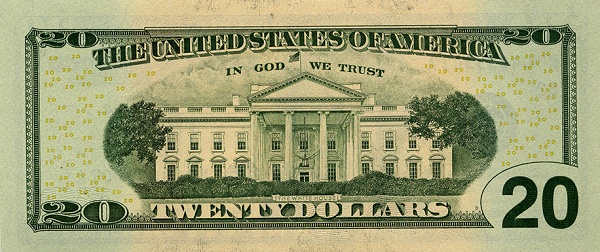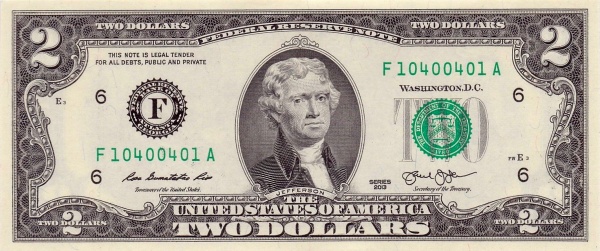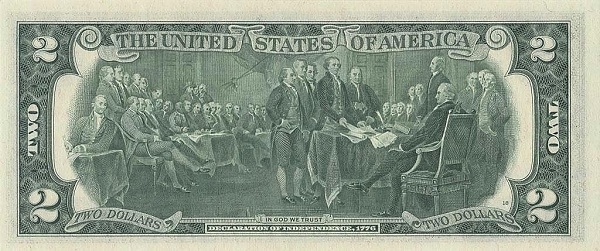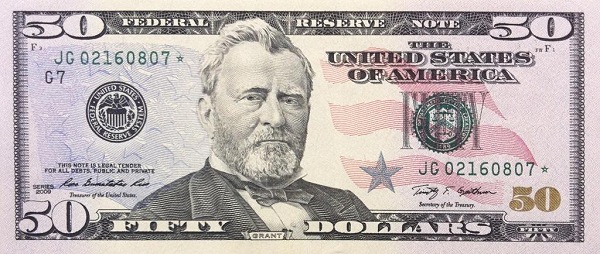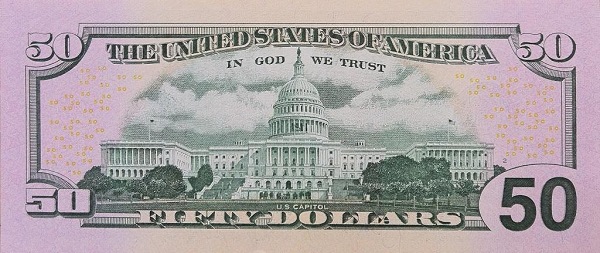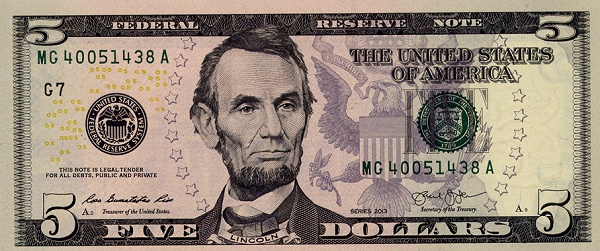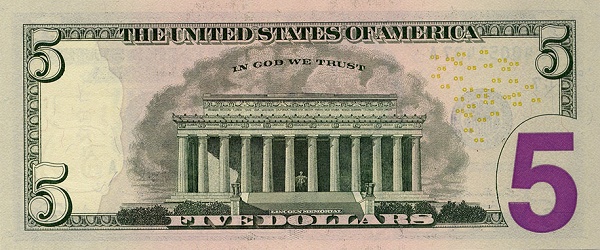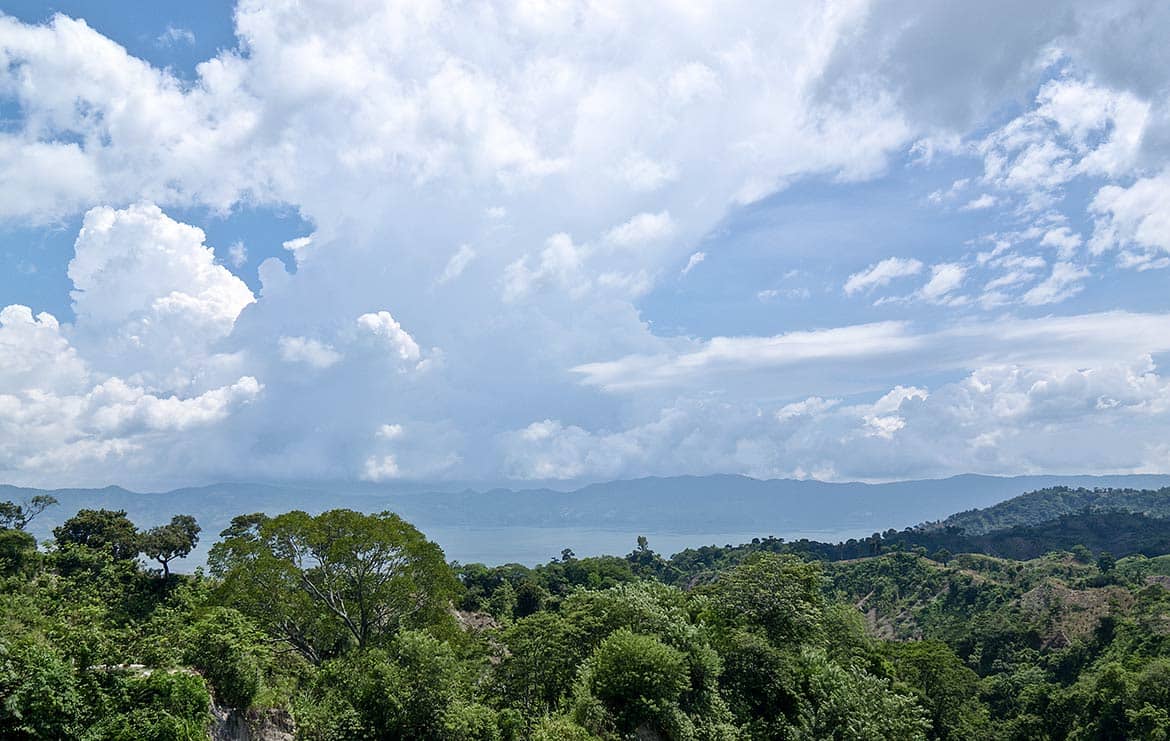Exploring El Salvador: A Jewel in Central America
El Salvador, known as the "Land of the Volcanoes," captivates visitors with its stunning landscapes and rich culture. Nestled in the heart of Central America, it shares borders with the Pacific Ocean to the south, Guatemala to the west, and Honduras to the north. Interestingly, it is the only country in Central America that lacks a Caribbean coastline. Despite its small size, covering just 21,000 km², El Salvador holds a unique charm, comparable to Slovenia or slightly smaller than Massachusetts.
Geographical Diversity of El Salvador
The geographical layout of El Salvador divides the nation into three distinct regions: a narrow Pacific coastal belt, a central plateau encircled by active volcanoes, and expansive northern lowlands shaped by the Lempa River Valley. Among the peaks, Cerro El Pital rises majestically at 2,730 meters, standing as the highest point in the country. This varied terrain not only contributes to breathtaking views but also creates microclimates that cultivate diverse flora and fauna.
Demographics and Culture
El Salvador has a vibrant population of approximately 6.4 million inhabitants, predominantly consisting of 90% mestizo, 9% white, and just 1% Amerindian descent. The capital, San Salvador, serves as the heart of this beautiful country. Spanish is the official language, but native tongues like Nahuan and various Maya languages are still spoken by segments of the populace. This linguistic richness reflects the deep-rooted cultural heritage that defines El Salvador.
Historical Background
The Republic of El Salvador gained independence from Spain on September 15, 1821. Subsequently, it separated from the Central American Federation in 1839. However, the country faced significant turmoil during a 12-year civil war that resulted in the loss of approximately 75,000 lives. The conflict ended in 1992 when the government and leftist rebels reached a peace agreement, which was facilitated by the United Nations. This agreement included essential military and political reforms, paving the way for a more stable political environment.
Government Structure
El Salvador operates as a republic, with a constitution adopted on December 20, 1983. The governance framework emphasizes democratic principles, aiding the nation in navigating the challenges it has encountered throughout its history.
Climatic Features
The climate in El Salvador ranges from semitropical along the coast to temperate in the uplands. The country experiences distinct wet and dry seasons, profoundly impacting agricultural productivity. Farmers often plan their planting and harvesting schedules around these climatic patterns, ensuring the best yield from their lands.
Cultural Richness
Culturally, El Salvador is a tapestry woven from its diverse ethnic groups, with Roman Catholicism and Protestantism being the dominant religions. Festivals celebrating patron saints, along with traditional music and dance, are integral parts of Salvadoran life, providing locals and visitors with unique experiences.
Natural Resources and Agriculture
El Salvador boasts a wealth of natural resources, including hydropower, geothermal energy, and arable land. The agricultural sector thrives on products such as coffee, sugar, livestock, corn, poultry, and sorghum. Coffee, in particular, poses a significant impact on the economy, with its rich flavor drawing international acclaim.
Industrial Landscape
Industries in El Salvador play a crucial role in its economic stability. The nation excels in food and beverage processing, textiles, clothing, chemical products, and electronics. These industries significantly contribute to job creation and economic development. Exporting commodities like coffee, sugar, textiles, and gold, El Salvador successfully engages in trade with several countries.
Foreign Trade Relations
The United States plays a vital role in El Salvador's economy, accounting for 47.1% of its exports. Other important trade partners include Honduras, Guatemala, Nicaragua, and Costa Rica. Meanwhile, the nation imports mainly raw materials, consumer goods, and fuels, with the USA again as the predominant supplier.
In Conclusion
El Salvador, with its rich heritage, stunning landscapes, and resilient spirit, presents a multifaceted character. The vibrant culture and warm, welcoming people make El Salvador a fascinating destination for travelers seeking both adventure and tranquility. As the smallest country in Central America, it not only encapsulates the beauty of the region but also offers a unique perspective on the complexities of survival and growth in a rapidly changing world. Whether you are exploring volcanic landscapes, indulging in local foods, or soaking in the rich traditions, El Salvador promises an unforgettable journey.
Largest cities of: El Salvador
| City Name | Population | Year of foundation | |
| San Salvador | 2,510,000 | 1525 | |
| Soyapango | 340,000 | 1953 | |
| San Miguel | 158,000 | 1525 | |
| Santa Tecla | 131,000 | 1854 | |
| Santa Ana | 127,000 | 1540 | |
| Usulutan | 37,000 | 1525 | |
| Ahuachapan | 30,000 | 1540 | |
| La Paz | 20,000 | 1540 |
El Salvador: Money

